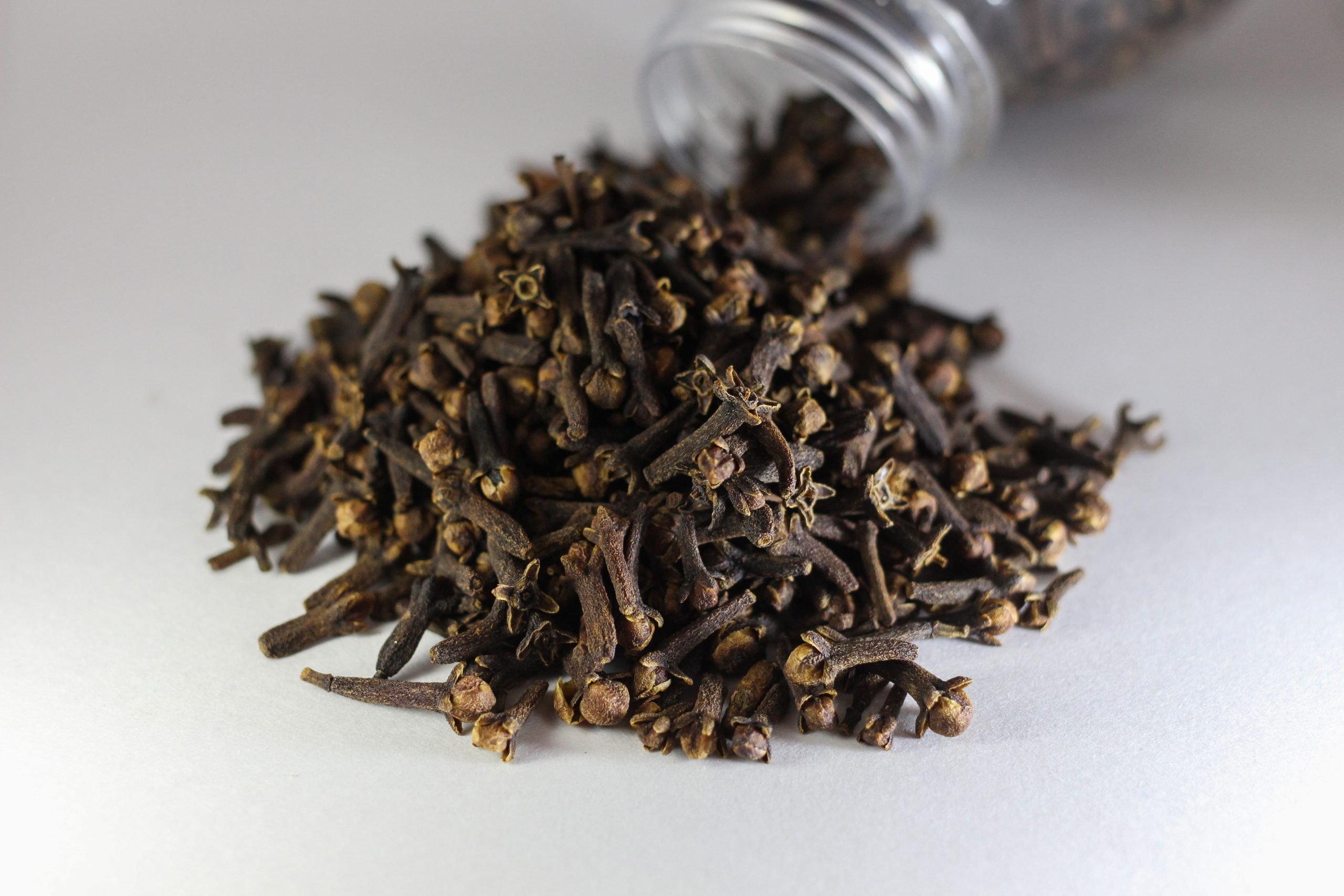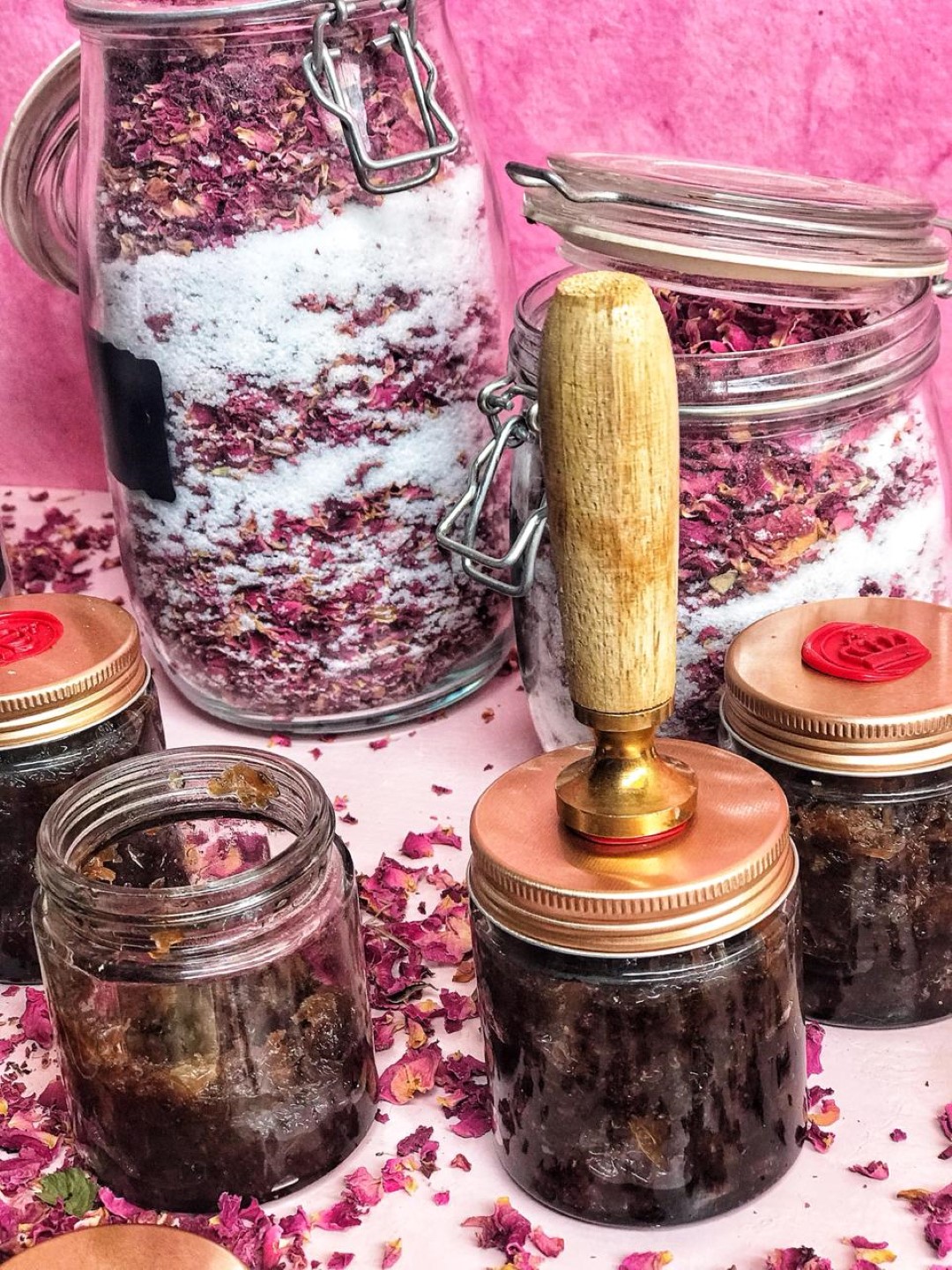
Clove, a spice that has been used for centuries in various cuisines around the world, is not just known for its rich flavor but also for its numerous health benefits. One of the most notable benefits of clove is its positive impact on oral health. But is clove really good for teeth? Let’s delve into the details.
Is Clove Good for Teeth?
Clove is packed with a compound called eugenol, which is known for its potent anti-inflammatory and anesthetic properties. This makes clove a natural remedy for dental issues, particularly for toothaches.
Reduces Gum Swelling and Irritation
One of the key benefits of clove for oral health is its ability to reduce gum swelling and irritation. The anti-inflammatory properties of clove can help soothe inflamed gums, providing relief from discomfort. Additionally, clove stimulates circulation, which can enhance the health of your gum tissue and promote overall oral health.
Remineralizes Teeth
Clove is not just good for your gums; it’s also beneficial for your teeth. According to a 2012 research study conducted by the Indian government, the eugenol in clove has protective properties against acids that can erode dentin, the substance beneath the tooth’s enamel. This means that clove can help remineralize your teeth, strengthening them and protecting them from damage.
Prevents Dental Issues
Regular consumption of clove can help prevent a range of dental problems. These include cavities, porous teeth, and sensitive teeth. By including clove in your diet or oral care routine, you can maintain healthy teeth and prevent these issues.
Relieves Toothache
Clove oil, derived from the clove tree, contains eugenol, a natural anesthetic that can provide relief from toothache. This use of clove for pain relief dates back to the 10th century, as referenced by an Arabian Dentist, Al Gazzar.
How to Use Clove for Dental Health
While clove can be consumed in various forms, clove oil is often used for immediate relief from dental pain. Here’s how you can use it:
Clove Oil
Apply a small amount of clove oil to a cotton ball and place it on the affected area for immediate relief. You can also add a few drops of clove oil to a glass of water and use it as a mouth rinse. This can help to alleviate pain and discomfort, and also freshen your breath.
Whole Cloves
If you don’t have clove oil, you can use whole cloves. Simply place a whole clove on the affected area and gently chew to release its oil. Continue to hold it in place for a few minutes. The released oil will provide a numbing effect, offering relief from the pain.
Clove Powder
Another way to use clove for dental health is by using clove powder. You can mix clove powder with water to form a paste and apply it to the affected area. This can be particularly useful if you have a cavity or a broken tooth causing you pain.
Oil Pulling: An Ancient Practice for Modern Dental Health
Oil pulling is an ancient Ayurvedic practice that has been gaining popularity in recent years due to its potential benefits for oral health. It involves swishing a tablespoon of oil (usually coconut, sesame, or sunflower oil) in your mouth on an empty stomach for about 15-20 minutes and then spitting it out. But how does this relate to clove and dental health? Let’s find out.
Oil Pulling with Clove Oil
While traditional oil pulling is done with oils like coconut or sesame, some people choose to add a few drops of clove oil to their oil pulling routine. The reason behind this is the potent antibacterial and anti-inflammatory properties of clove oil. When combined with the detoxifying effect of oil pulling, it can provide a comprehensive oral health boost.
Benefits of Oil Pulling with Clove Oil
- Toothache Relief: As we’ve discussed earlier, clove oil contains eugenol, a natural anesthetic. Swishing with clove oil can help numb the gums around a painful tooth and relieve pain.
- Gum Health: The anti-inflammatory properties of clove oil can help reduce swelling and redness in the gums. This can be particularly beneficial for those suffering from gum diseases like gingivitis or periodontitis.
- Antibacterial Action: Clove oil has strong antibacterial properties. When used in oil pulling, it can help kill harmful bacteria in the mouth that can lead to dental issues like cavities and bad breath.
- Natural Mouthwash: Oil pulling with clove oil can act as a natural mouthwash. The strong, refreshing flavor of clove can help to freshen your breath, while its antibacterial properties can help keep your mouth clean.
How to Do Oil Pulling with Clove Oil
To do oil pulling with clove oil, you’ll need a tablespoon of a carrier oil like coconut or sesame oil and a few drops of clove oil. Mix the oils together and swish the mixture in your mouth for about 15-20 minutes. Make sure to swish the oil around all areas of your mouth, including around your teeth, gums, and over the surface of your tongue. After swishing, spit out the oil and rinse your mouth with warm water.
Remember, it’s important not to swallow the oil as it contains toxins and bacteria pulled from your mouth. Also, spit the oil into a trash can instead of the sink to avoid clogging your pipes.
While oil pulling with clove oil can be a beneficial addition to your oral health routine, it’s not a replacement for regular brushing, flossing, and dental check-ups. Always consult with a healthcare professional or a dentist before starting any new oral health practices.
Precautions and Side Effects
While clove is generally safe to use, it’s important to use it in moderation. Overuse can lead to gum irritation, bleeding, or allergic reactions. If you’re pregnant, nursing, or have a medical condition, it’s advisable to consult with a healthcare professional before using clove for dental issues.
In conclusion, clove is indeed good for teeth. Its natural anti-inflammatory and anesthetic properties make it a potent remedy for various dental issues. So, the next time you’re dealing with a toothache, you might want to reach for some clove oil for some natural relief.
Frequently Asked Questions
1. Can clove oil relieve toothache?
Yes, clove oil is known for its pain-relieving properties. It contains a compound called eugenol, which acts as a natural anesthetic. Applying a small amount of clove oil to a painful tooth or gum can help numb the area and provide temporary relief from the pain.
2. How does oil pulling with clove oil benefit oral health?
Oil pulling with clove oil can offer several benefits for oral health. The antibacterial properties of clove oil can help kill harmful bacteria in the mouth, reducing the risk of cavities and bad breath. Its anti-inflammatory properties can also help reduce gum inflammation. Additionally, the act of oil pulling can help detoxify the mouth and improve overall oral hygiene.
3. How often should I use clove oil for toothache?
Clove oil should be used sparingly and only as a temporary measure for toothache relief. If the toothache persists, it’s important to consult a dentist as it could be a sign of a more serious dental issue.
4. Can I use clove oil for oil pulling instead of coconut or sesame oil?
While traditional oil pulling is done with oils like coconut or sesame, some people choose to add a few drops of clove oil to their oil pulling routine due to its potent antibacterial and anti-inflammatory properties. However, clove oil should not replace the carrier oil entirely due to its strong potency.
5. Is clove oil safe for everyone?
While clove oil is generally safe for most people, it can cause allergic reactions in some individuals. It’s always a good idea to do a patch test before using clove oil extensively. Also, clove oil should be used with caution in children and pregnant or breastfeeding women. Always consult a healthcare professional before starting any new health regimen.
6. Can oil pulling with clove oil replace regular brushing and flossing?
No, oil pulling with clove oil is not a replacement for regular brushing and flossing. It’s an additional practice that can enhance oral health. Regular brushing and flossing are still essential for maintaining good oral hygiene.
7. Can swallowing clove oil be harmful?
Swallowing a small amount of clove oil is generally not harmful for most people. However, swallowing larger amounts or swallowing clove oil during oil pulling (which contains toxins and bacteria pulled from your mouth) should be avoided. If you accidentally swallow a large amount of clove oil, seek medical attention immediately.
Tags: Clove, Dental Health, Natural Remedies, Toothache, Oral Care, Eugenol, Clove Oil, Healthy Teeth, Gum Health, Natural Pain Relief













